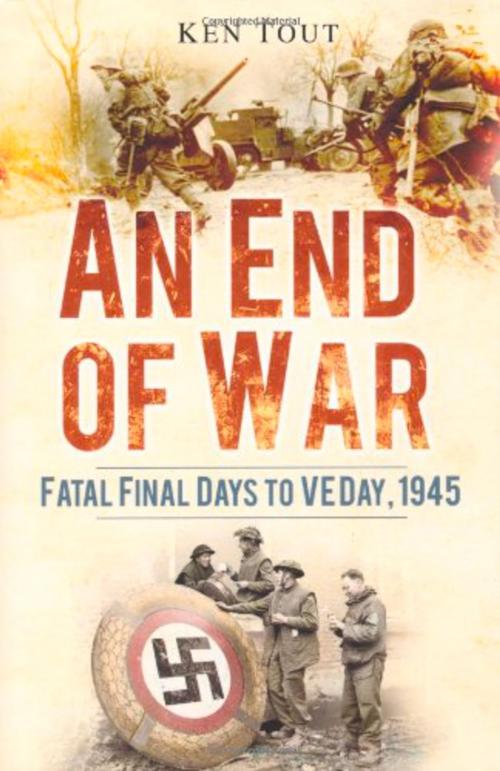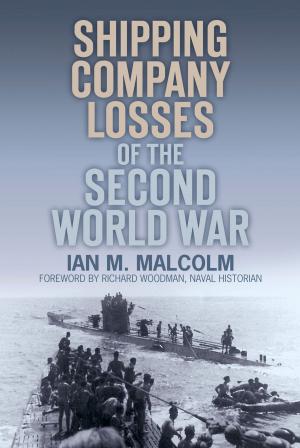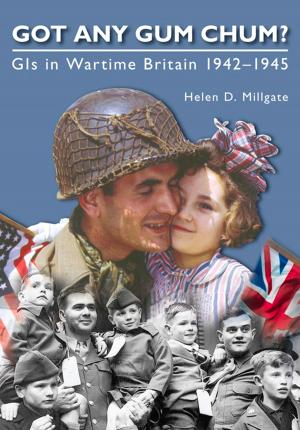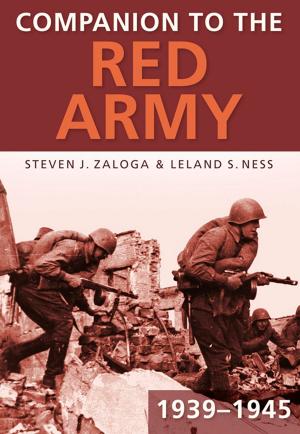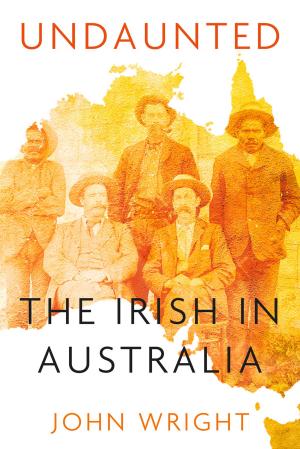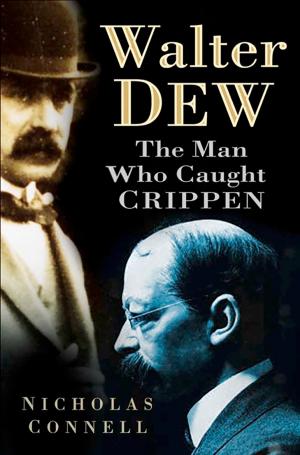| Author: | Ken Tout | ISBN: | 9780752463971 |
| Publisher: | The History Press | Publication: | April 11, 2011 |
| Imprint: | The History Press | Language: | English |
| Author: | Ken Tout |
| ISBN: | 9780752463971 |
| Publisher: | The History Press |
| Publication: | April 11, 2011 |
| Imprint: | The History Press |
| Language: | English |
Soldier's-eye-views of the final fanatical battles of World War II include the legendary battles of the Bulge and Crossing the Rhine told through U. S., Canadian, and British troops Using his own experiences and interviews with many veterans, Ken Tout explores how the last gasps of the German Army actually saw some of the fiercest and most fanatical fighting of the whole war. This last year of war is filled with stories from the tragedy of whole groups of men being frozen to death in battle areas to the triumph of logistics, ingenuity, and bravery. Fighting continued up to VE Day in May and some units were in action for days longer as confusion reigned about the enemy surrender. Even after the fighting had finished, the war was not over for these men who had to round up and guard German prisoners of war, watch over thousands of displaced people, and play "cat and mouse" along the new frontier established between the Soviet army and the Western allies. As Iraq and Afghanistan have recently made clear, war does not necessarily end when a ceasefire is declared.
Soldier's-eye-views of the final fanatical battles of World War II include the legendary battles of the Bulge and Crossing the Rhine told through U. S., Canadian, and British troops Using his own experiences and interviews with many veterans, Ken Tout explores how the last gasps of the German Army actually saw some of the fiercest and most fanatical fighting of the whole war. This last year of war is filled with stories from the tragedy of whole groups of men being frozen to death in battle areas to the triumph of logistics, ingenuity, and bravery. Fighting continued up to VE Day in May and some units were in action for days longer as confusion reigned about the enemy surrender. Even after the fighting had finished, the war was not over for these men who had to round up and guard German prisoners of war, watch over thousands of displaced people, and play "cat and mouse" along the new frontier established between the Soviet army and the Western allies. As Iraq and Afghanistan have recently made clear, war does not necessarily end when a ceasefire is declared.
